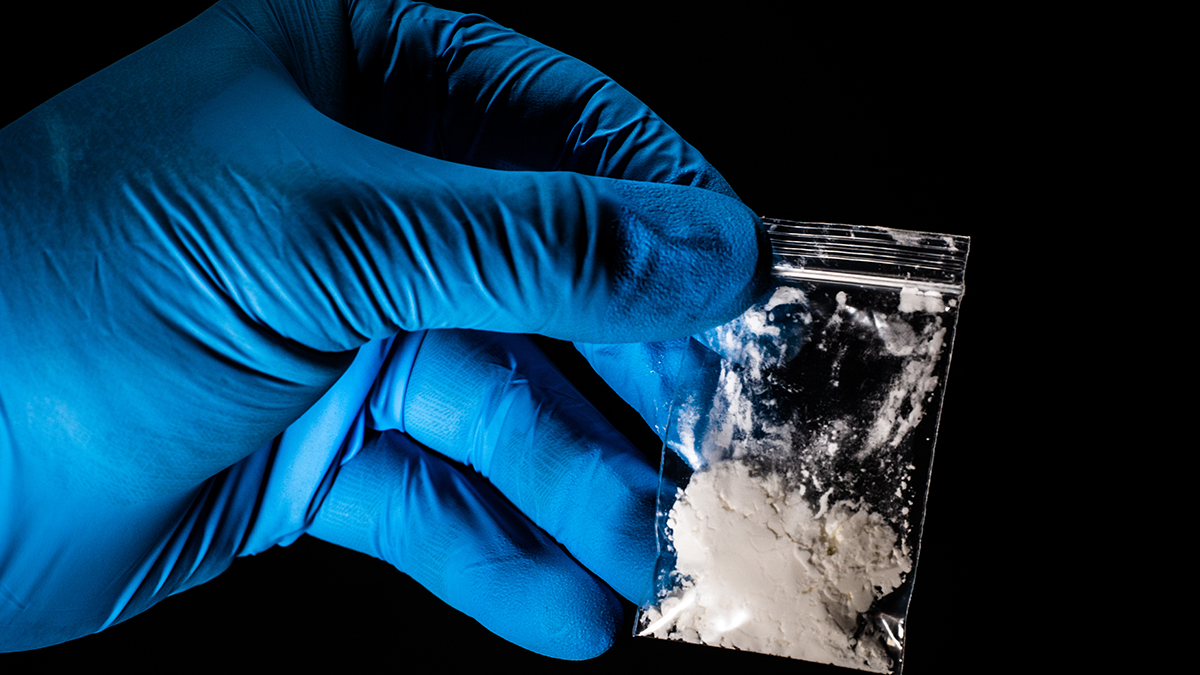
The coronavirus pandemic is overshadowing a separate crisis that was top of our collective mind just a couple months ago: the opioid epidemic.
“It’s almost like everything has been stopped in time,” said John Pellicane, Director of the Office of Mental Health and Addiction Awareness Task Force in Camden County, New Jersey.
For weeks, a viral invasion has dominated almost every facet of our lives, impacted the food supply, transportation, jobs and the economy. But people are still dying from illegal opioid use.
According to the Centers for Disease Control, 130 Americans die every day from an opioid overdose. In the COVID-19 era, medical workers are concerned that number will grow.
On April 2, authors of an article published in the medical journal, Annals of Internal Medicine, expressed their concern with the impact COVID-19 would have on those suffering from Opioid Use Disorder (OUD):
“Given that infection epidemics disproportionately affect socially marginalized persons ... we are gravely concerned that COVID-19 will increase already catastrophic opioid overdose rates," the article said.
Pellicane said detox centers have been forced to accept fewer patients, since they’re also following social distancing guidelines.
Local
Breaking news and the stories that matter to your neighborhood.
“The Maryville Addiction Treatment Center has fewer beds," Pellicane said of a rehabilitation facility in South Jersey. "They can’t have too many people in a room. They can’t accept someone with COVID-19. They’re having to screen for that.”
“And, those in twelve-step programs are having to meet online," he added. "That’s a problem for those who don’t have electronics.”
For those who successfully completed rehab recently, they now face another obstacle once they leave.
“If they’re going home, how do they get a job? How do they pay for housing?” Pellicane said.
Those are tough questions in New Jersey that’s been ravaged by the opioid epidemic, and now is considered a hotspot for COVID-19. In New Jersey, Camden County ranks second behind Essex County, when it comes to the number of suspected overdose deaths since the beginning of 2020. According to NJ Cares, which tracks opioid-related data in the Garden State, Camden County's opioid-related death toll stands at 52 since Jan. 1.
In February, Camden County announced it was beginning a fentanyl strip testing program, aimed at reducing the number of overdoses. Leaders said it would allow users to test their drugs for Fentanyl, a deadly synthetic opioid linked to the rise in overdoses.
Pellicane said that program has been pushed back.
New Jerseyans battling substance abuse still have access to some resources during the pandemic.
They can call Camden County’s Office of Mental Health and Addiction at: (856) 374-6361; IME Addictions Access Center at: (844) 276-2777; and the Addiction Awareness Task Force’s 24-hour hotline at: (877) 266-8882.
“Once this is over, we’ll have to regroup and help those who have been suffering in silence,” said Pellicane.



